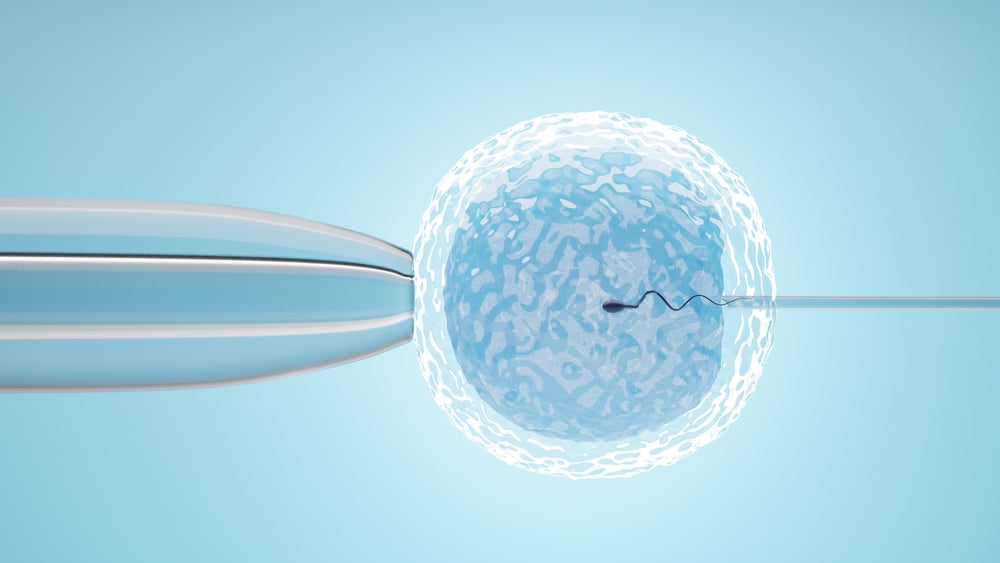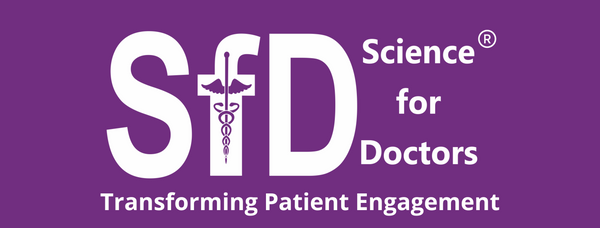
Infertility: Causes, Treatment, and Hope
Share
Infertility is a medical condition affecting millions of couples worldwide, making conception difficult despite regular and unprotected intercourse for a year or more. It can be emotionally and physically challenging, but advancements in medical science offer various treatment options and hope for those struggling with infertility.
Causes of Infertility
Infertility can affect both men and women due to several factors:
Female Infertility Causes:
Ovulatory Disorders: Conditions like polycystic ovary syndrome (PCOS) or hormonal imbalances can prevent ovulation.
Fallopian Tube Blockage: Damage due to infections, endometriosis, or previous surgeries can block eggs from meeting sperm.
Uterine Issues: Fibroids, polyps, or congenital abnormalities can hinder implantation.
Age Factor: Female fertility declines significantly after the age of 35.
Lifestyle Factors: Obesity, stress, smoking, and excessive alcohol intake can negatively impact fertility.
Male Infertility Causes:
Low Sperm Count: A decreased number of sperm reduces the chances of fertilization.
Poor Sperm Motility: If sperm do not move efficiently, they cannot reach and fertilize the egg.
Abnormal Sperm Morphology: Irregularly shaped sperm may struggle to fertilize an egg.
Hormonal Imbalances: Issues with testosterone or other hormones can affect sperm production.
Varicocele: Swelling of veins in the scrotum can impact sperm quality.
Diagnosis and Treatment Options
Medical evaluation is crucial for diagnosing infertility. Doctors may recommend blood tests, ultrasound, semen analysis, or hysterosalpingography (HSG) to identify underlying issues. Based on the diagnosis, different treatment approaches are available:
Medications: Hormonal therapy or ovulation-inducing drugs may be prescribed.
Surgical Interventions: Procedures like laparoscopy to remove fibroids, polyps, or correct anatomical abnormalities can improve fertility.
Assisted Reproductive Technologies (ART):
- Intrauterine Insemination (IUI): Sperm is directly placed in the uterus during ovulation.
- In Vitro Fertilization (IVF): Eggs are fertilized with sperm in a lab and implanted into the uterus.
- Intracytoplasmic Sperm Injection (ICSI): A single sperm is injected into an egg to enhance fertilization chances.
Lifestyle Modifications: Healthy diet, regular exercise, stress management, and quitting smoking/alcohol can improve fertility outcomes.
Coping with Infertility: Finding Support and Hope
Dealing with infertility can be overwhelming, but emotional support is essential. Couples can seek professional counseling, join support groups, or talk openly with family and friends. Adopting a positive mindset and exploring alternative family-building options like surrogacy or adoption can also be valuable.
Conclusion
Infertility is a challenging journey, but medical advancements provide multiple solutions. With proper diagnosis, treatment, and emotional support, many couples achieve their dream of parenthood. If you or a loved one is struggling with infertility, consult a healthcare provider to explore suitable options and keep hope alive.
